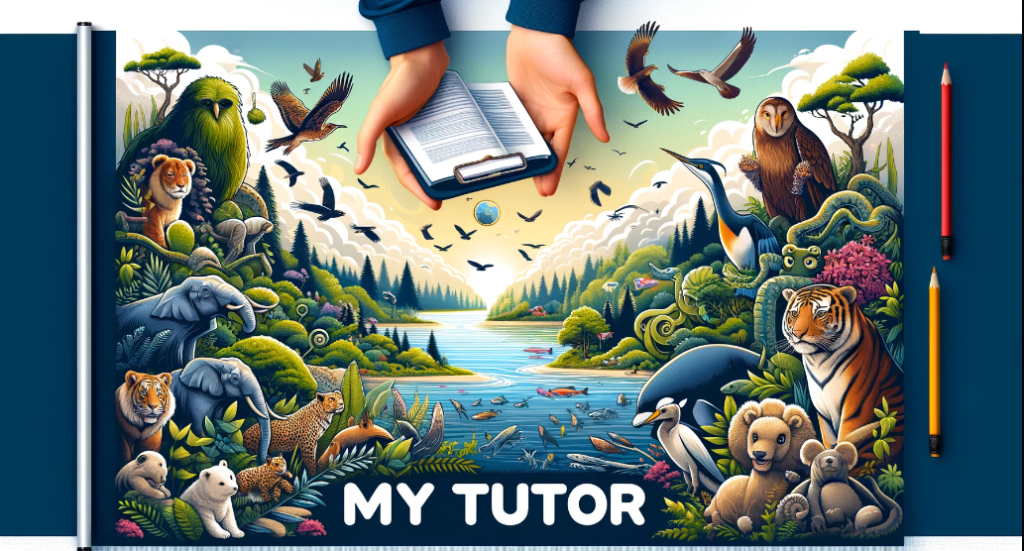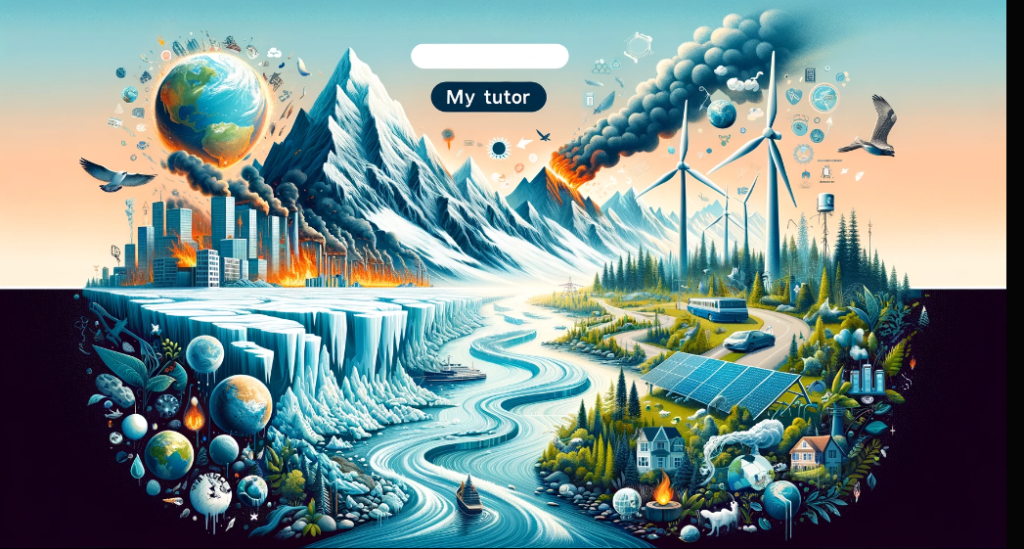Lesson 39. Wildlife Conservation (野生生物の保護)

▮ Explanatory Text:
Wildlife conservation is crucial for protecting endangered species and maintaining biodiversity for future generations.
▮ Discussion Instructions:
Discuss the importance of wildlife conservation. What actions can we take to protect animals?
▮ Common Phrases:
Endangered species
Protecting habitats
Biodiversity
Conservation efforts
Environmental impact
▮ Sample Sentences:
Endangered species need our help.
Protecting habitats is essential for wildlife.
Biodiversity is important for the ecosystem.
Conservation efforts can save species.
Our environmental impact should be minimal.
















